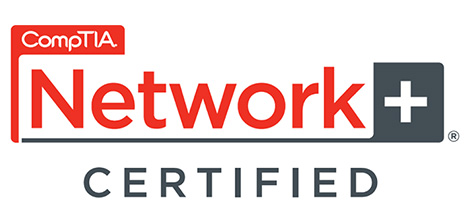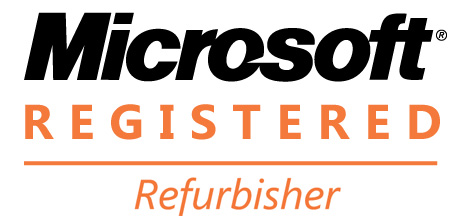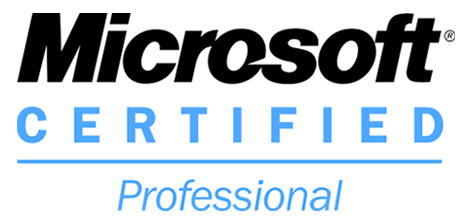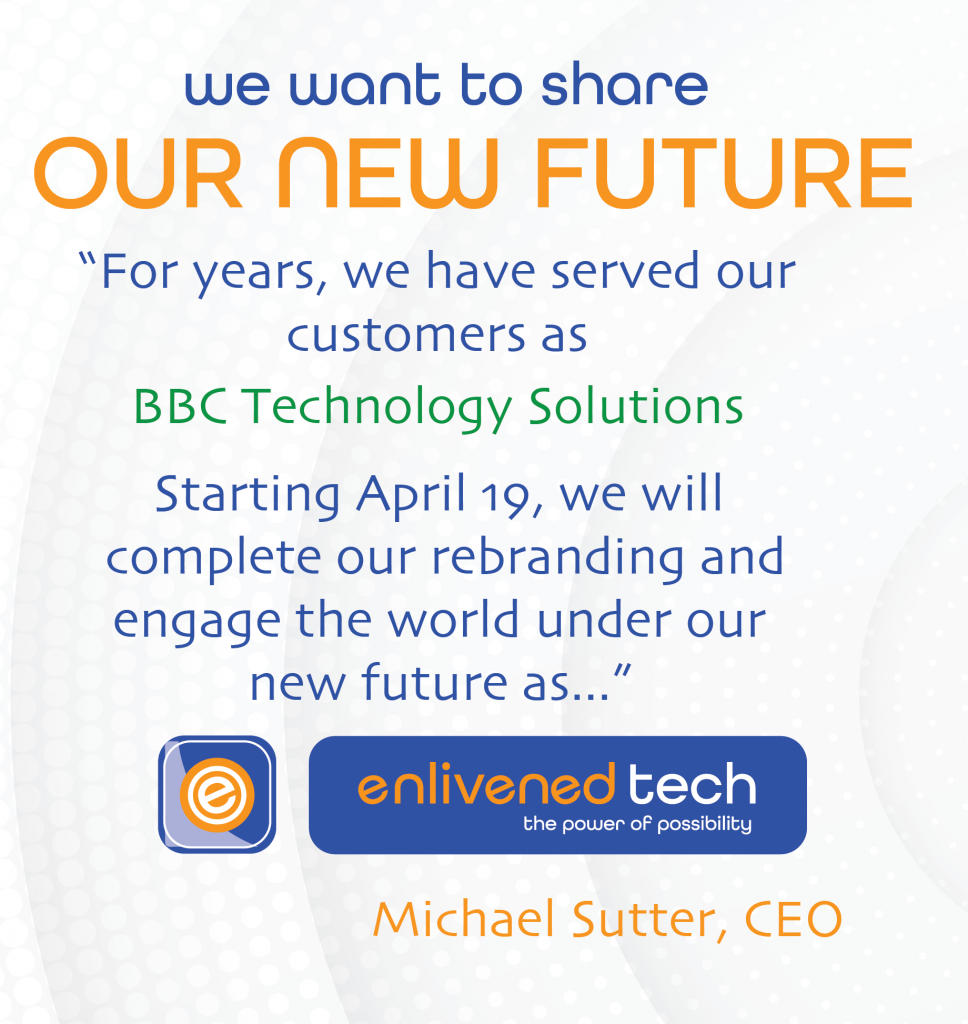What you Need to Know About E-Waste
Waste management is a topic affecting everyone. There are new forms of waste being generated thanks to the new wealth of technical devices and accessories we use every day. Managing this waste is important to everyone since businesses and consumers must be responsible for correct disposal practices. E-waste, or waste comprised of computers and other electronic devices, present particular challenges because so few management sites exist for collection. As electronic devices and computers become ever more widespread, waste also becomes an emerging concern.
E-Waste Facts and Figures You Should Know
-
11.7 million tons of e-waste were generated in the United States in 2014 (data for subsequent years is still forthcoming).
-
Landfills and incinerators are the top destinations for obsolete smart phones, tablets, and other electronics.
-
Each and every day around 142,000 computers and 416,000 mobile devices are disposed of. Some are captured by recycling programs while most end up in municipal waste sites.
-
Computers and mobile devices are not the only sources of electronic waste; television sets are also a major problem. In 2007 around 26.9 million TV sets were discarded in the US alone.
-
Reports from the United Nations state that only about 16 percent of global electronic waste is recycled. This is mainly handled by government agencies and companies given official sanction by industry regulatory bodies.
-
The percentage of e-waste recycling is gradually rising but remains low. In 2010 19.6 percent of e-waste was recycled, in 2011 24.9 percent was recycled, and in 2012 29 percent was recycled. At this time, only about 15 – 20 percent of electronic waste in the world is recycled.
Recycling Shows Some Promise
Although e-waste management solutions have yet to become widespread or thoroughly adopted, there are some positive things to remember. For one thing, nearly all elements of smart phones, tablets, and computers can be recovered and recycled. Steel, glass, plastic, and even rare earth metals can all be recovered from devices and then reused in manufacturing or sold to plants for more intensive recycling efforts. Some electronics retailers have set up small booths inside their shops to encourage customers to return old cell phones and other personal electronics for this recovery process. There is still much work left to be done in order for these recovery efforts to become more widespread but as more people become aware of the problems associated with electronic waste, new solutions are sure to emerge.
Refurbishing Electronics Keeps Them Out of Landfills
Refurbishing electronics is a great way to address the problem of e-waste and provide superior technical solutions to more companies. Not only do refurbished electronics cost a lot less, they work just as well as new, out of the box items. BBC Technology Solutions provides businesses with top of the line electronics and computing hardware that has been carefully refurbished for quality and longevity. This is a cost-competitive option that gives companies access to the resources required for marketplace competitiveness.
Contact us today at 513-617-4822 to learn more about the many products we have available.





